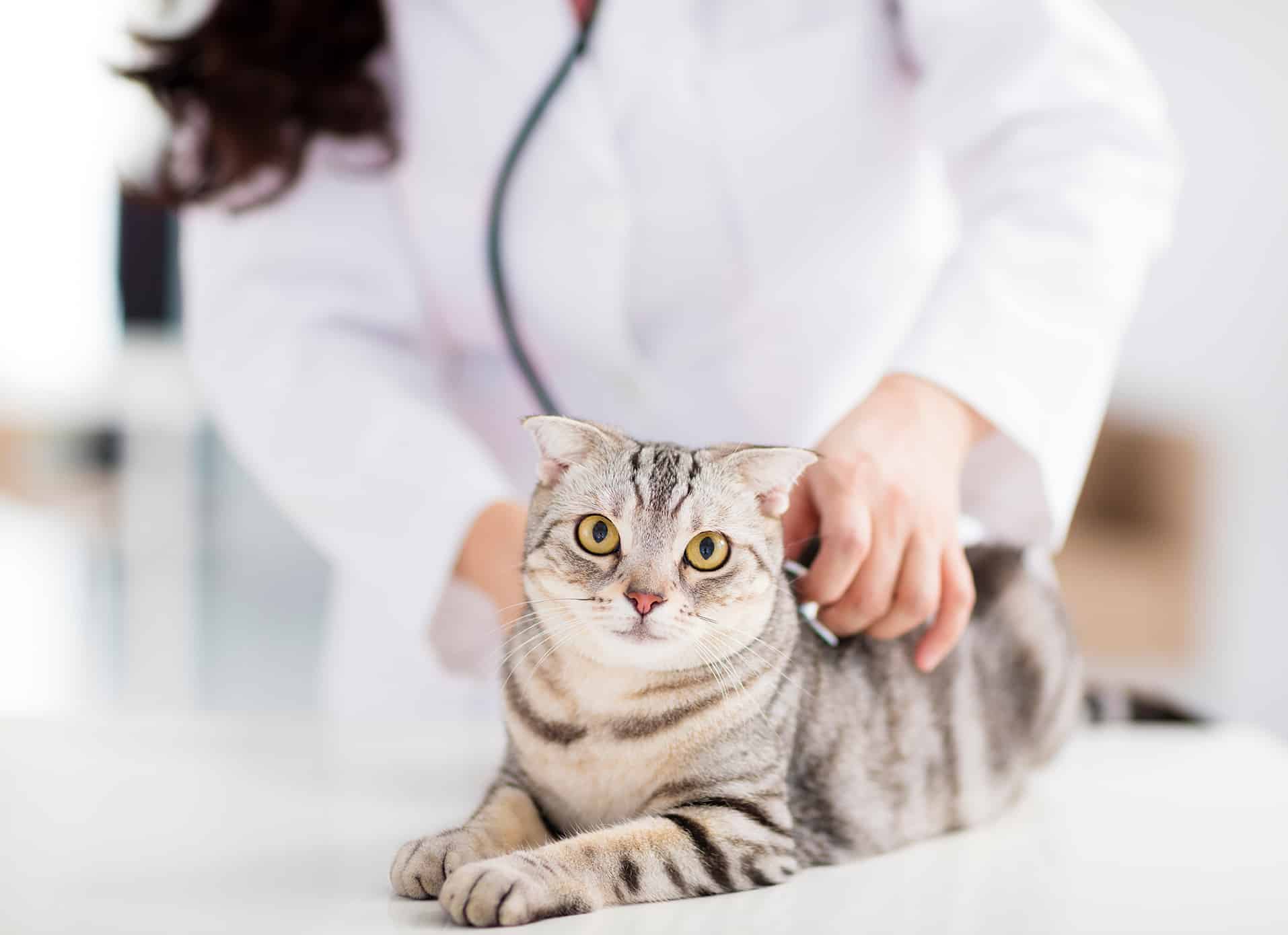Bladder Stones in Cats: Understanding the Symptoms, Treatment, and Prevention

Bladder stones in cats are a serious medical condition that requires immediate attention. At Urgent Pet, we specialize in providing emergency care for pets in El Cerrito, CA, including urgent treatment for cats suffering from bladder stones. This condition, also known as uroliths, can cause significant pain and may lead to life-threatening complications if left untreated. In this article, we’ll explore what bladder stones are, the symptoms to watch for, how they can be treated, and how you can help prevent them through diet.
What Are Bladder Stones in Cats, and How Can They Be Treated?
Bladder stones, or uroliths, are solid mineral deposits that form in the bladder. They can be composed of different minerals such as calcium oxalate or struvite and range in size from tiny grains to larger, stone-like formations. These stones can cause irritation, pain, and even blockages in your cat’s urinary tract, leading to potentially severe health complications.
At Urgent Pet, we’re equipped with advanced diagnostic tools like digital radiography and ultrasound to quickly detect the presence of bladder stones. Treatment will depend on the size, type, and location of the stones, but common approaches include:
- Dietary Dissolution: Some types of bladder stones, particularly struvite stones, can be dissolved through special diets that change the pH of your cat’s urine.
- Surgical Removal (Cystotomy): For larger stones or those causing a blockage, surgical removal may be necessary. Our team is skilled in soft-tissue surgery, ensuring your pet receives the best care possible.
- Urohydropropulsion: In certain cases, smaller stones can be flushed out through a less invasive procedure.
It’s important to seek treatment promptly to avoid further complications like complete urinary blockage, especially in male cats.
What Symptoms Indicate My Cat Might Have Bladder Stones?
Bladder stones can cause a variety of symptoms, some of which can appear suddenly and severely. Recognizing these signs early can make a critical difference in your pet’s health. Symptoms that may indicate your cat has bladder stones include:
- Straining to urinate, or urinating in small amounts.
- Blood in the urine (hematuria).
- Frequent attempts to urinate with little or no success.
- Painful urination, indicated by vocalizing or excessive licking of the genital area.
- Lethargy or loss of appetite.
A blocked urinary tract can be life-threatening, particularly in male cats, where the urethra is narrower and more susceptible to obstruction. At Urgent Pet, we prioritize urgent and effective care, offering same-day appointments to ensure your pet is treated as quickly as possible.
Can Bladder Stones in Cats Cause Other Health Problems?
Yes, bladder stones can lead to other health complications if left untreated. One of the most severe risks is a urinary blockage, which can be life-threatening, particularly in male cats. This occurs when a stone becomes lodged in the urethra, preventing the cat from urinating.
Other potential complications include:
- Bladder infections: Stones can irritate the bladder lining, leading to infections.
- Kidney damage: In severe cases, bladder stones can cause a backup of urine into the kidneys, leading to kidney infections or damage.
- Chronic pain and discomfort: Even without a full blockage, bladder stones can cause ongoing discomfort and stress for your cat.
What Causes Bladder Stones to Form in Cats?
Bladder stones can form for a variety of reasons, often related to an imbalance in your cat’s urinary system. Some of the common causes include:
- Dietary Factors: High levels of minerals, such as magnesium, phosphorus, or calcium, can lead to stone formation.
- Dehydration: Cats that do not drink enough water may have more concentrated urine, increasing the likelihood of mineral deposits forming into stones.
- Urinary Tract Infections: Infections can alter the pH balance of urine, contributing to stone formation.
- Genetic Predisposition: Certain breeds of cats are more prone to developing bladder stones, including Persians and Siamese.
Understanding the cause of the stones is crucial for effective treatment and prevention. At Urgent Pet, our diagnostic tools help pinpoint the type of stone and underlying cause, allowing for targeted treatment.
Why Choose Urgent Pet for Emergency Cat Care in El Cerrito, CA?
When your cat is facing a medical emergency, including bladder stones, you need fast, expert care. Urgent Pet in El Cerrito, CA, is dedicated to providing top-notch emergency veterinary services with a focus on efficiency, compassion, and state-of-the-art technology. Our highly experienced team, led by Dr. Nilanthi Kulasekara, has over 20 years of experience in emergency veterinary medicine, ensuring that your pet receives the highest standard of care when they need it most.
Prompt Care for Bladder Stones in Cats at Urgent Pet!
Bladder stones can be a painful and potentially life-threatening condition in cats. Recognizing the symptoms early and seeking immediate care from a dedicated emergency facility like Urgent Pet in El Cerrito, CA, can make all the difference. If you notice any signs of bladder stones in your cat, don’t hesitate to contact our office for an urgent appointment. We’re here to provide expert diagnosis, treatment, and guidance for your pet’s well-being.
Nilanthi Kulasekara, BVSc
Dr. Kulasekara, also known as “Dr. K,” has over 25 years of experience as a veterinarian. She has worked in emergency animal hospitals in Massachusetts, Maryland, and California, and most recently as a full-time relief veterinarian concurrently at three emergency hospitals in the East Bay. Whatever happens, our doctors have the knowledge, the experience, and the equipment to treat any case that comes through the door. So even if your pet comes to us with a true emergency, we will stabilize them before helping you get them to the appropriate emergency hospital.

